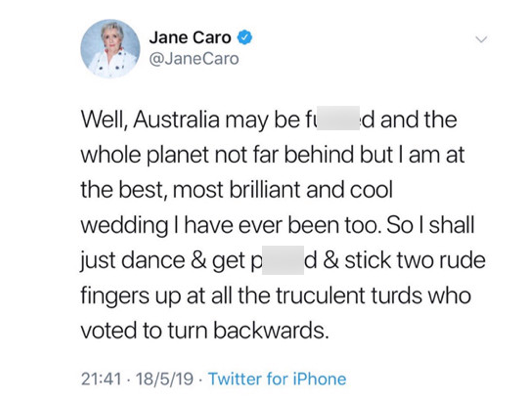Movement you need is on your shoulder
Movement you need is on your shoulder
It’s not giving too much away to reference a scene in the recently released Beatles-themed movie Yesterday. Many readers have probably already seen it, and for those who haven’t, the scene to which I refer is in the trailer.
The story takes place in the aftermath of a global power outage. The legacy of the Fab Four is lost to everyone except Jack Malik (Himesh Patel). In usurping his knowledge to become famous he ends up in a recording studio with popular contemporary singer-songwriter Ed Sheeran who suggests changing Hey Jude to Hey Dude.
What’s in a name? It’s a wonderful play on contemporary language, but it is worth remembering Paul McCartney wrote the song for Julian Lennon, and planned on calling it Hey Jules. It was to comfort the youngster around the time of the divorce of his parents John and Cynthia. That was a very real world and so too is the one in which newly elected British Prime Minister Boris Johnson refers to “dude”.
“I say to all the doubters, ‘Dude, we are going to energise the country’,” was his rallying cry after the Conservative Party chose him to replace Theresa May. His original slogan was “deliver, unite and defeat” — deliver Brexit by October 31, unite the country, and defeat Jeremy Corbyn — but he figured the acronym DUD was just that, so he added an “e” for “energise”.
Yesterday has great fun with “dude”, as does Johnson. “Dude” today is a friendly conversational salutation. But the movie and the British PM are more than likely alluding to the dandies of the word’s etymology. Will today’s woke hipsters recognise themselves, whether earnest songwriters or anti-Brexiteers?
Dude is clearly not a salutation for business correspondence, but how far is too far in adopting a tone of voice that grabs the attention of readers? More organisations, particularly customer-centric, are creating brand-aligned tone of voice. The aim is a recognisable style of language that conveys personality and is engaging. As with all writing, consistency is the key. A consistent tone of voice is easier for the reader to digest and therefore make a decision. Adopting the correct tone ensures an appropriate response.
Yesterday has great fun with “dude”, as does Boris Johnson.
If businesses are wondering about where to start, they should look no further than their core values. The “barbecue pitch” is useful as well. Once you know what you stand for, or what you want to stand for, it’s easy to find engaging language to suit. And if you can describe your business in 60 seconds while the snags are cooking, you should have no trouble expanding on that in written form.
The other British cultural phenomenon in full flight is Rocketman. It too has language as a theme — the incredible lyrics of Bernie Taupin. The message for business here is there is no harm in getting a professional to help with the words. Then you can start to make it better.


